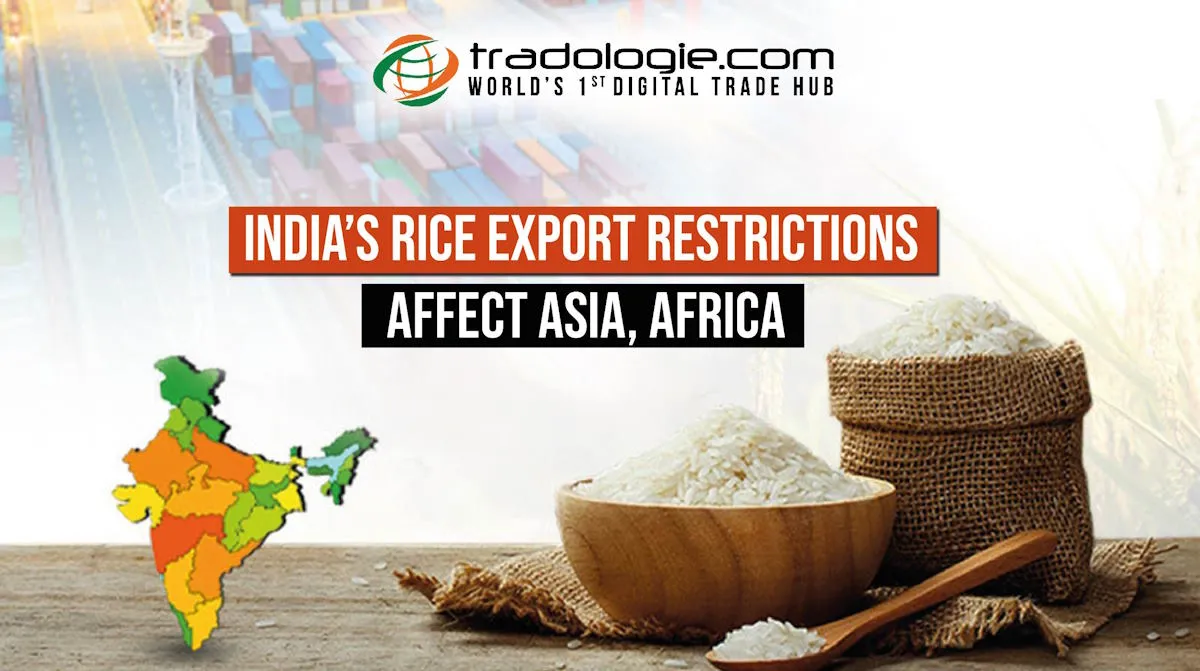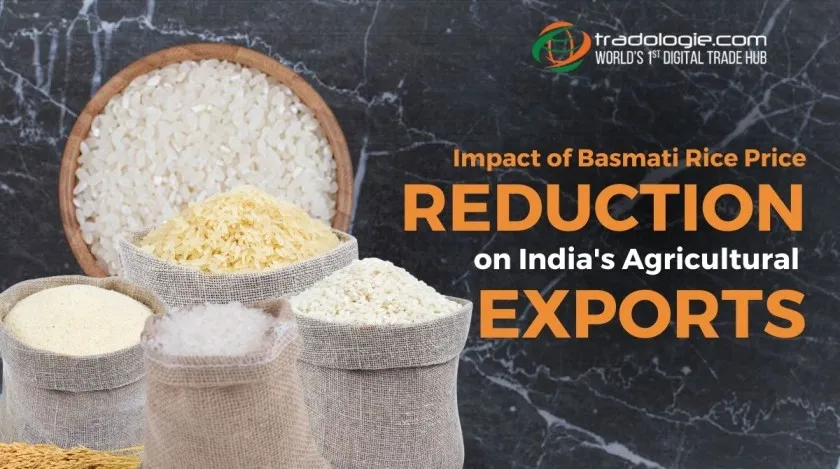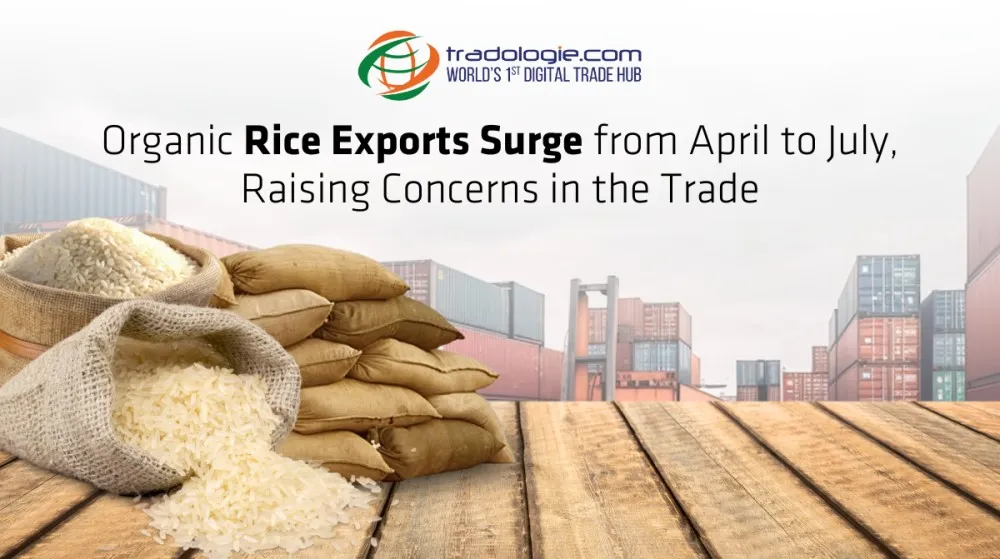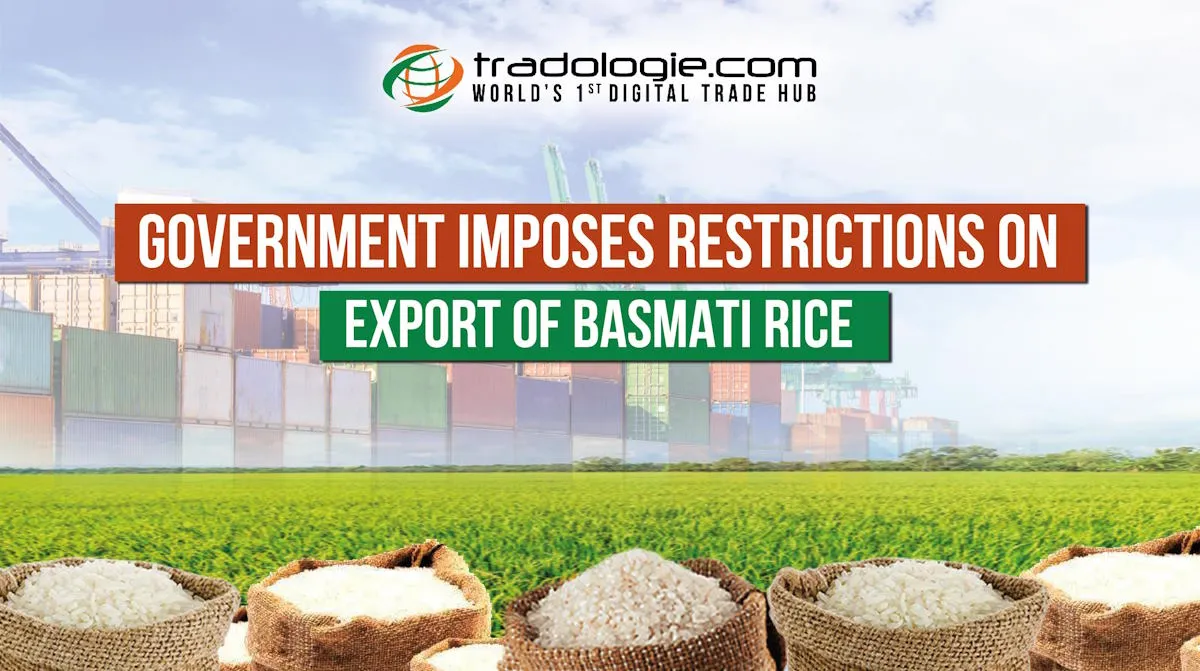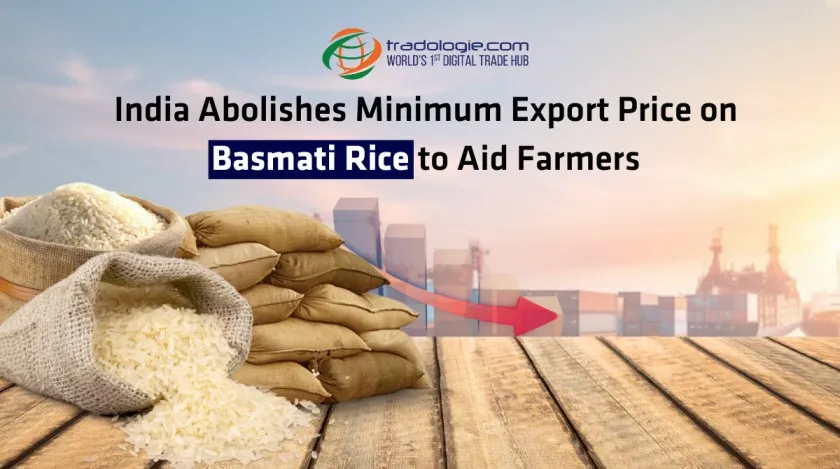India put restrictions on the export of non-basmati white rice in July to prevent the high prices of rice at the local market due to the upcoming El Nino and the festive season. This decision created tension in the minds of rice-importing countries, especially in Asia and Africa as India is the largest rice exporter in the world.
Many observers notice the surge in the prices of rice in the African market as rice production is low in East Africa due to low rain and a ban on fertilizers from Russia due to the Russia-Ukrainian conflict. In Kenya, the prices have risen by more than 12% since June. The pocket-friendly rice from India is used to fulfill the needs of the African market. Senegal imports around 70% of its rice from India, but now it costs high which is impacting their rice needs.
Although Asia is a major rice exporter in the world accounts for more than 85% of rice exports. Still, many nations in Asia facing the issue of rice shortage in their respective local markets which can lead to a price surge. The Philippines estimated that 22% of its yearly rice production was damaged by Typhoon Doksuri. The Philippines is the second-largest importer of rice after China.
Many rice-importing nations asked the Indian government to put relief on this decision. Experts estimated that India’s decision will take 9.5 million metric tons off the world’s rice market. That accounts for about a fifth of rice exports worldwide. This rising demand for rice helped Vietnam to increase its rice exports in this season. Vietnam will try to replace India as a rice-exporting nation with the major Indian rice-importing countries like Britain. But this will not be an easy task as India accounts for more than 40% of rice exports in the world.
When Will India Lift its Ban on Rice Exports ?
Certainly, the government of India assesses multiple factors, such as domestic demand for rice, agricultural conditions, and global market dynamics, when considering the possibility of lifting the ban on rice exports. The decision to lift the ban will likely be taken with a balanced approach, taking into account both the needs of the festive season and potential weather-related challenges.
In short, it's likely to be estimated that the Indian government will lift the ban after measuring the impact of El Nino which can affect rice production in India.
If you're a rice importer looking to buy basmati rice in bulk or a rice suppliers wishing to export rice in bulk, Tradologie provides the ideal platform for your requirements. All varieties of rice can be traded globally in quantity with the use of Tradologie.com. With the help of the Tradologie platform, buyers may get their hands on high-quality agricultural products at flexible rates, including rice, wheat, and spices.
To register as a buyer, click here . To register as a seller, click here .
To stay updated about the latest developments in the agro-trading sector, follow Tradologie on all social media platforms.

